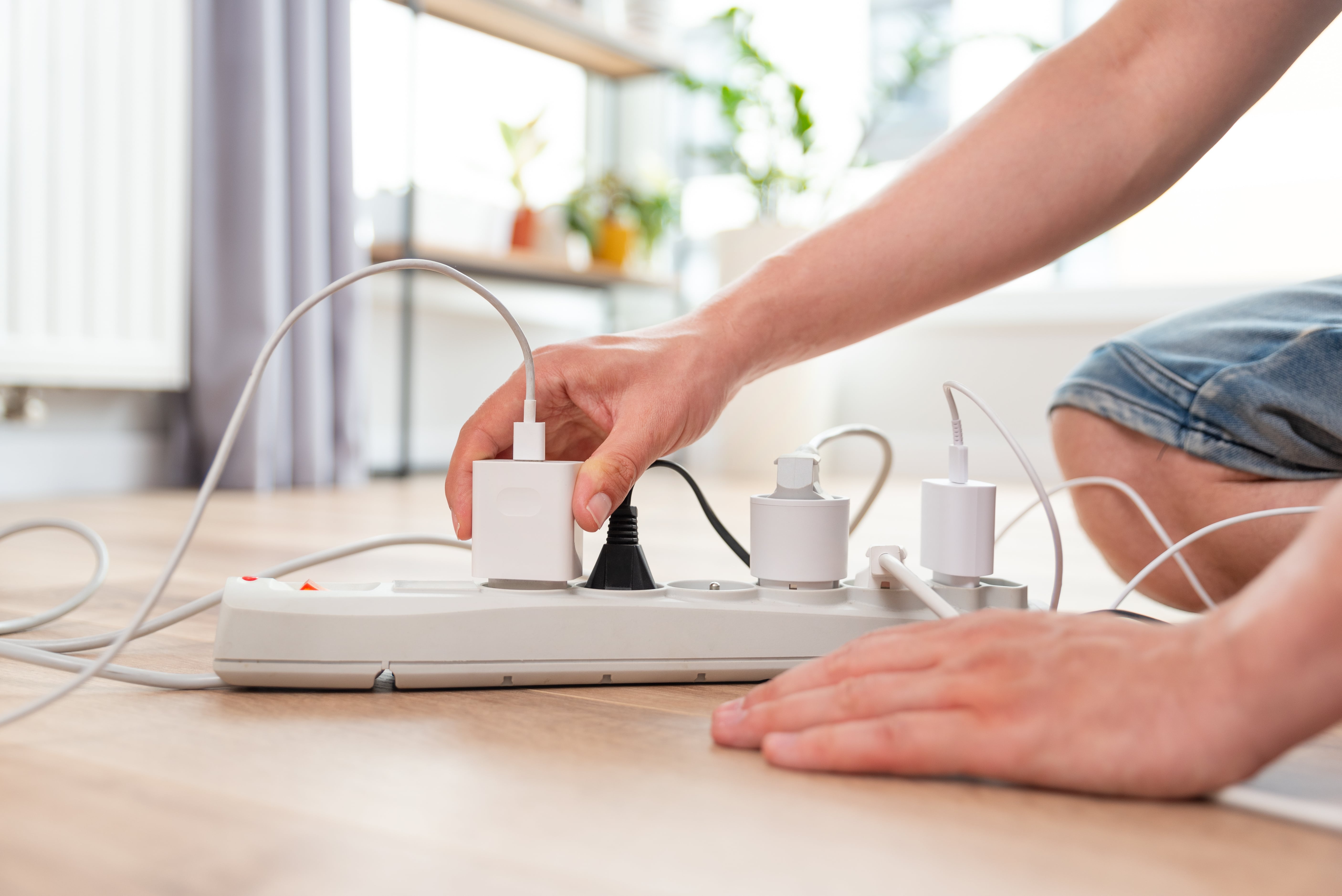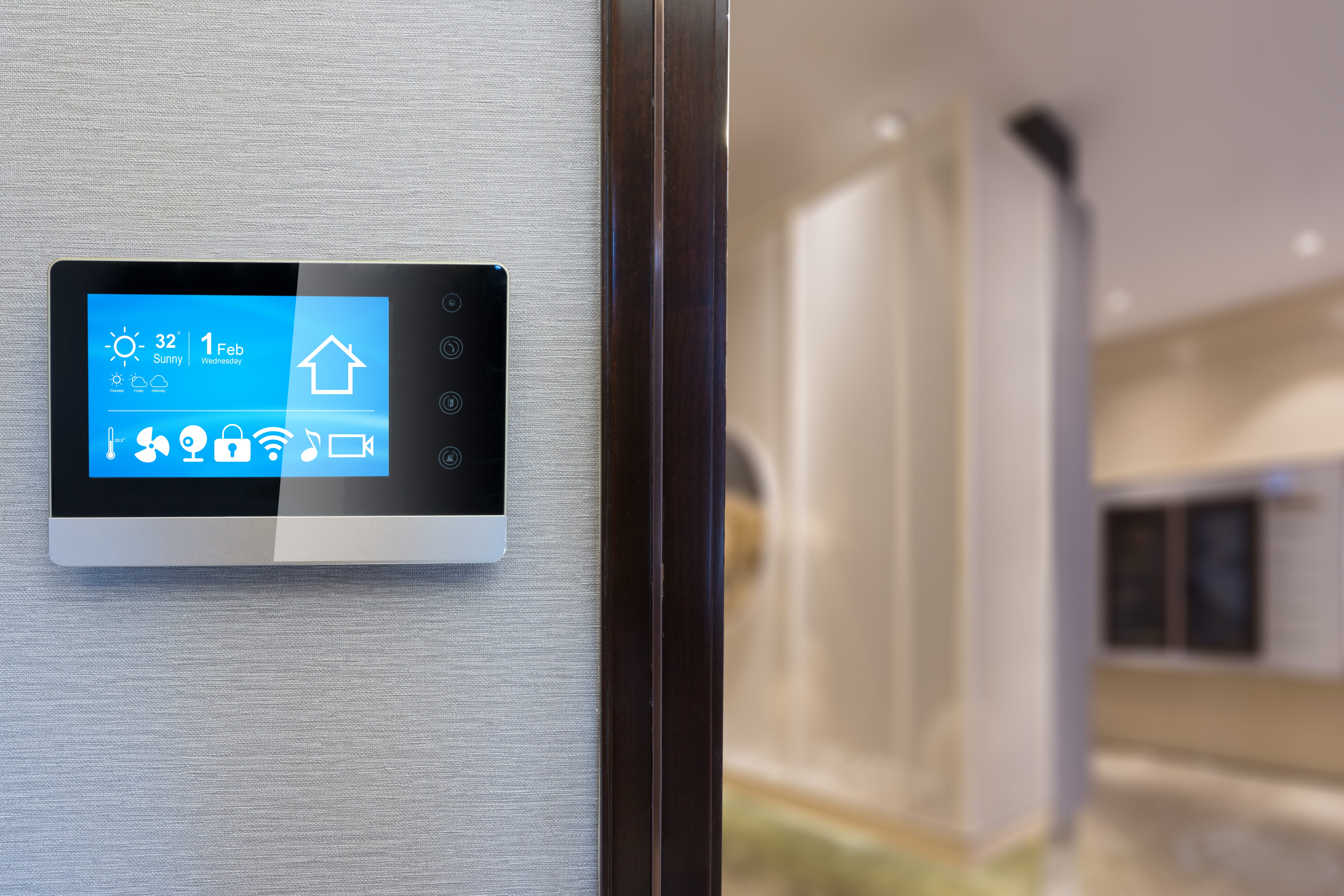Hot water is an essential part of everyday life. From washing dishes and clothes to taking showers, if you’ve ever lived without hot water, you know just how important it is—and how miserable life can be without it.
Unfortunately, about 20% of a home’s energy use comes from water heaters, many of which are far from energy efficient. But thanks to advances in technology, multiple efficient electric water heaters are available that can reduce your household energy use and help you save on your electric bill.
Gexa’s guide to choosing the right energy-efficient water heater for your home explores the different models available, the benefits of energy-efficient options, and what factors to consider when you decide to upgrade your water heater or retrofit your home.
{{CTA-green-right-plan}}
Types of Water Heaters
Some of the common types of water heaters are more energy-efficient than others. Let’s explore the different heaters available and which may be right for your home.
Conventional Storage Water Heaters
The most common water heater is the conventional storage model, which features a reservoir or hot water storage tank. Any hot water use in the house is pulled from the storage tank, which usually suffices unless you have guests or when multiple appliances or people need hot water at the same time.
Tankless Water Heaters
These high-efficiency water heaters provide hot water only when it’s needed. A built-in element heats the water as it passes through rather than maintaining a store of hot water, which can reduce energy use and save you money over time.
Heat Pump Water Heaters (HPWHs)
These water heaters produce heat using the same technology that refrigerators employ to stay cold. They release no emissions and get the job done with as little as one-half to a third of the energy of a conventional electric water heater. Because of their advanced technology, HPWHs are the most efficient water heaters on the market today.
Solar Water Heaters
Otherwise known as “solar domestic hot water systems,” solar water heaters may be a cost-effective way to generate hot water for your home. As the name suggests, these heaters use the sun’s power to generate hot water.
Factors to Consider When Purchasing an Energy-Efficient Water Heater
Before you invest in a new water heater, it’s important to consider the needs of your household. Look out for the ENERGY STAR® label to find a model that is as efficient as possible and contact a professional plumber who can help you choose the right model for your home and ensure that it’s installed safely and correctly.
Tank Size
To ensure your home has hot water whenever someone needs it, choose a hot water heater size that meets your household requirements. Hot water heaters generally come in three sizes:
- Small – 50 gallons
- Medium – 65 gallons
- Large – 88 gallons
The smallest option works best for a household of just two adults, while a family of four can usually opt for the medium size.
Location
Where your hot water heater goes in the house can impact the type and size you choose. Most water heaters work best in spaces that are between 40 and 90 degrees Fahrenheit and are often placed in garages or basements.
Fuel Type
The fuel type and its availability and cost in your area will affect the overall monthly cost of your water heater. Water heaters can run on electricity, which is most energy-efficient, or they can run on oil, gas, or propane,
Costs
When purchasing a new hot water heater, you want to look at more than the upfront cost. Take time to estimate the annual operating costs of a new heater and compare it with other energy-efficient water heaters.
Warranty
Many water heaters come with an extended warranty that can last anywhere from six to 10 years.
Benefits of Energy-Efficient Water Heaters
Because your water heater uses more energy than your refrigerator, clothes washer, dishwasher, and dryer combined, choosing a more energy-efficient model can have a huge impact on your energy consumption and monthly utility bills. Replacing your current heater with an ENERGY STAR® water heater can help you save hundreds of dollars a year and as much as $3,500 over the heater’s lifetime.
Energy-efficient water heaters, like hybrid electric models, can help make your home energy-efficient and offer multiple benefits, including:
- Better performance and reliability
- Easy installation
- Lower carbon emissions
- Safer and quieter operation
- Convenient, easy-to-use controls
When selecting a new water heater for your home, focus on choosing a water heating system that will provide enough hot water for your entire household without putting a strain on your electricity plan. While a more energy-efficient water heater has a higher upfront cost, you can recoup your investment in as little as two to three years and enjoy savings on your utility bills for years to come.
Learn more about Gexa Energy, their 100% renewable plans from environmentally friendly renewable sources, and the benefits of using renewable energy.






































